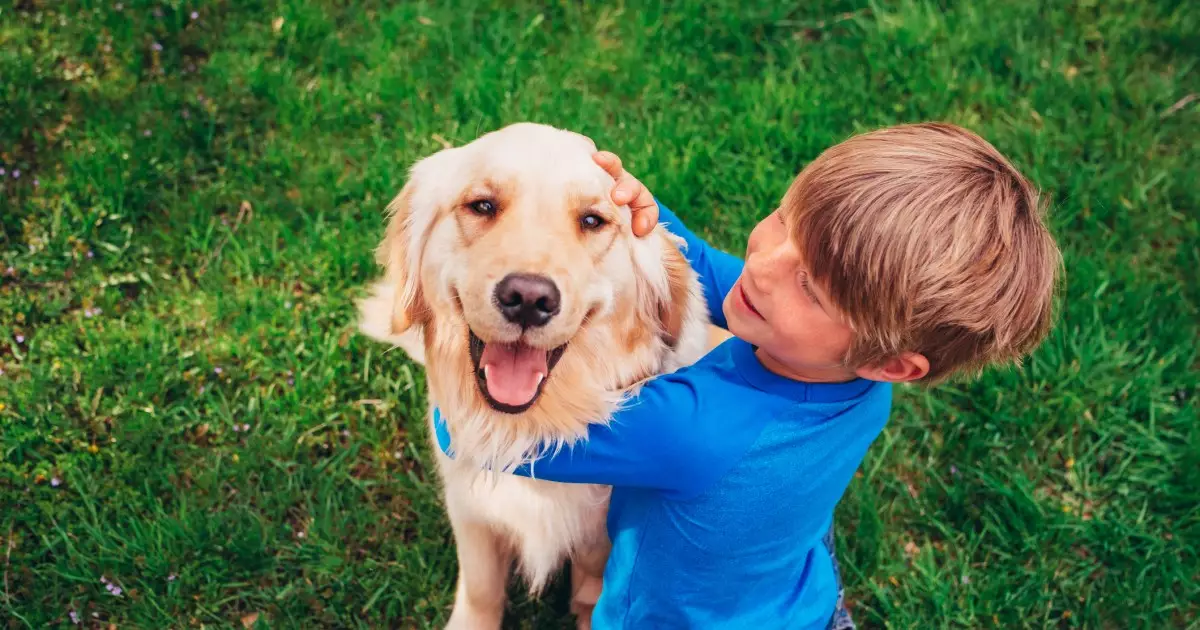Dogs, often hailed as “man’s best friend,” have been companions to humans for thousands of years. However, beyond their loving nature and playful antics lies a profound complexity defined by genetics, breed characteristics, and individual upbringing. This article delves into the increasingly scrutinized relationship between a dog’s breed, their genetic makeup, and observed behavioral traits, while also acknowledging the critical influence of environment and individual care.
As social beings, we tend to associate specific personality traits with certain dog breeds. Golden Retrievers are typically viewed as friendly and gentle, contrasting sharply with the timid demeanor often attributed to Chihuahuas. While such stereotypes may serve as convenient guidelines, they barely scratch the surface of canine behavior. With experiences and anecdotes often driving our perceptions, one must ask whether these breed associations stem from inherent traits or are disproportionately exaggerated social constructs.
Many dog owners will readily attest that variability exists within every breed. This leads to a critical observation: canines exhibit a spectrum of personalities that do not always align with our preconceived notions? As research mounts, it becomes increasingly apparent that while breed characteristics can provide general insights into behavioral tendencies, an individual dog’s personality can diverge markedly from its breed’s stereotype.
Researchers, led by psychologists like Evan MacLean from the University of Arizona, embarked on an extensive investigation examining the connection between canine genetics and behavior. Analyzing a cohort of 17,000 dogs from various breeds, they pursued a relationship between genetic data and behavioral attributes through an intricate study of the genomes of approximately 5,700 dogs.
The results of this study were illuminating. It became evident that 14 specific personality traits linked to canine behavior were tied to 131 different regions in the dogs’ DNA. The findings suggested that certain behaviors—like trainability, aggression, and the propensity to chase—are indeed heritable traits in dogs. Such revelations position canine behavior as not merely a byproduct of training and environment but also as a reflection of genetic predispositions shaped by breed lineage.
Despite the compelling evidence connecting breed-specific traits to genetic factors, it’s crucial to acknowledge that behavior is also heavily influenced by nurture. The environment in which a dog is raised plays an indispensable role in shaping its character. Factors such as training methods, socialization opportunities, and even the emotional atmosphere of the household significantly impact behavioral development.
MacLean emphasizes that while breed trends can indicate a circle of expected behavior, individual variance will always be present. “You only know, on average, what you might expect to get,” he states, underscoring the unpredictable nature of dog behavior. This means an owner can encounter unexpected traits in a dog, like a Golden Retriever exhibiting aggression or a Shih Tzu displaying boldness.
The implications of these findings extend beyond academic interest; they carry practical weight for dog owners and breeders alike. Understanding that genetic factors contribute to behavior necessitates a more tailored approach to training and care. It’s not enough to rely on a dog’s breed to inform one’s training strategy; specific traits must be considered alongside individual personality.
Furthermore, the genetic links highlighted in studies support not just the understanding of modern breeds but also connect to the evolution of domesticated dogs. Variations in canine genes have been associated with friendly behaviors, suggesting that domestication over generations has profoundly altered the wolf-like nature of canines. This underscores the importance of nurturing an affectionate atmosphere to help maintain these positive traits.
The interplay of genetics and environment in shaping a dog’s personality is a complex yet fascinating field of study. Breed characteristics provide a foundational guideline for understanding canine behavior, but they must be contextualized within an overarching framework that includes individual history and upbringing. This comprehensive approach not only enriches our understanding of canine companions but also emphasizes the responsibilities of dog ownership in ensuring the development of well-rounded, happy pets.

